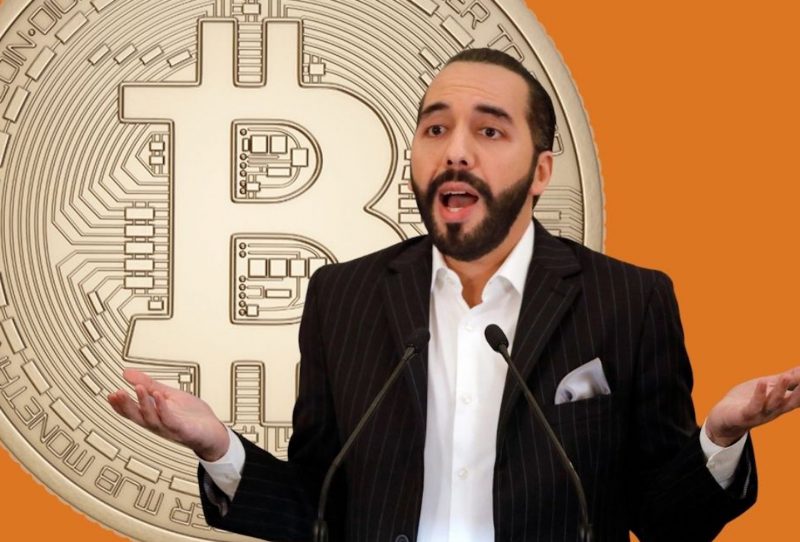El Salvador made records when it became the first country in the world to accept Bitcoin (BTC) as a legal tender. However, with the recent crash, the country’s BTC reserves are dwindling in value.
Under popular president Nayib Bukele, El Salvador went all-in on the original cryptocurrency, even citing plans for a volcano-powered Bitcoin mining setup. The country also revealed plans for issuing a sovereign bond linked to the currency. They originally planned for a late March launch, however, things did not go as planned. As of now, all plans for a Bitcoin tied bond are on hold, citing reasons of volatility.
With global borrowing prices rising and a large debt obligation looming, El Salvador faces more budgetary challenges than the impact of BTC’s depreciation. However, the crypto crash has closed several potential exit routes from the crisis, such as the now-delayed Bitcoin bond.
Ricardo Castaneda, senior economist and country coordinator for El Salvador and Honduras, said,
“The government’s financial problems are not because of bitcoin, but they have gotten worse because of bitcoin”
For the government, Castaneda says,
“Bitcoin ceased to be a solution and has become part of the problem.”
Embracing bitcoin put the country at odds with multilateral lenders like the IMF, from which Finance Minister Alejandro Zelaya said the government needed $1.3 billion last year.
Siobhan Morden, head of Latin America Fixed Income Strategy at Amherst Pierpont, said,
“If there isn’t potential for bitcoin-growth dividends or innovative bitcoin-financing, then the Bukele administration will have to prioritize spending priorities and identify financing options.”
Previously, El Salvador has followed the practice of buying the dip. However, global financial situations have put a strain on its ability to navigate the latest crash. Although it is too early to tell when crypto can pull itself out of its current dilemma, it could potentially still be a blessing in disguise for the nation.
In a larger context, Bitcoin has always recovered from its lows. In that regard, it could be a good time for El Salvador to swell up to its BTC reserves.
Moreover, despite the crash, the richest non-exchange wallet has been on a buying spree. The wallet purchased 3015 BTC over three weeks, bringing its total to 127,067 BTC.
At press time, Bitcoin (BTC) was trading at $29,078.48, down 3.1% in the last 24 hours.





